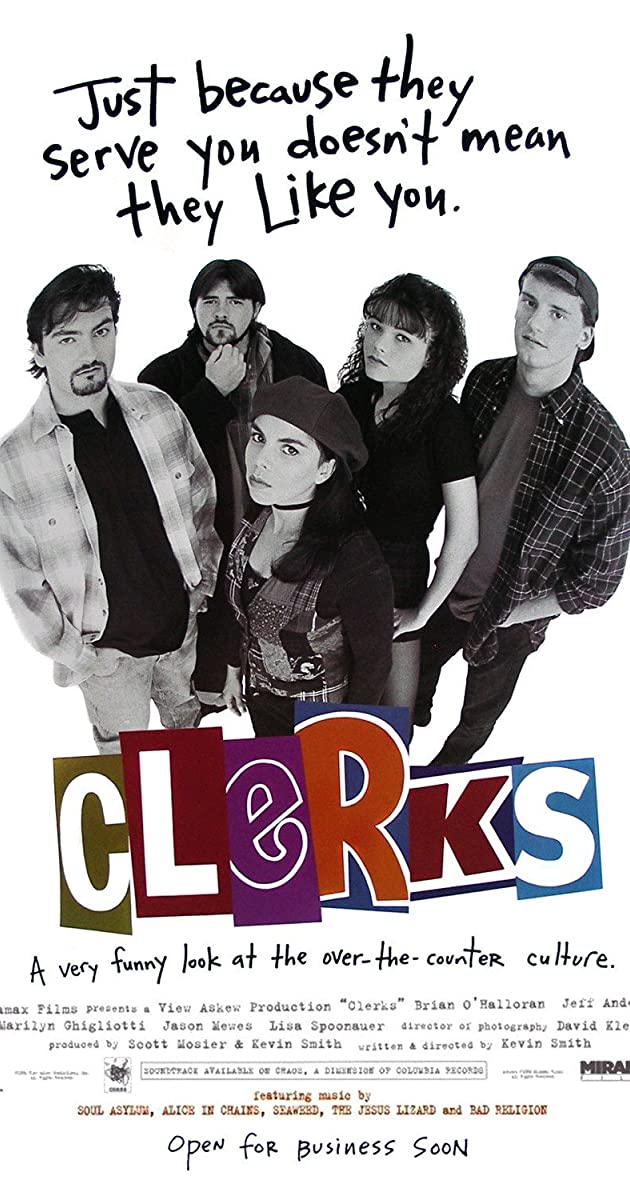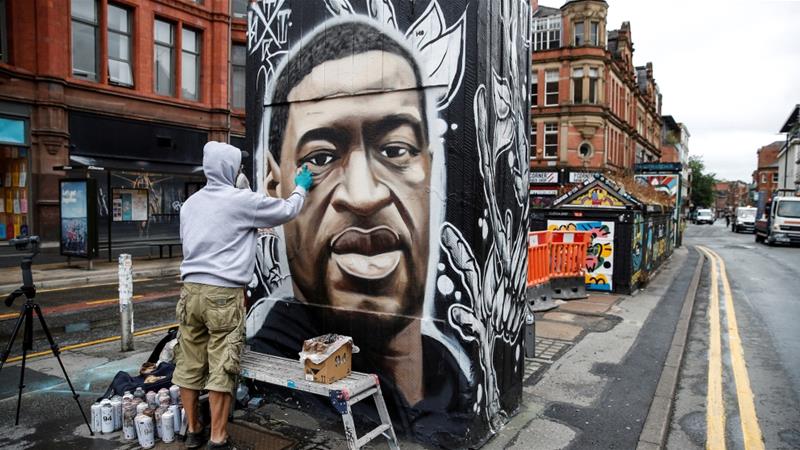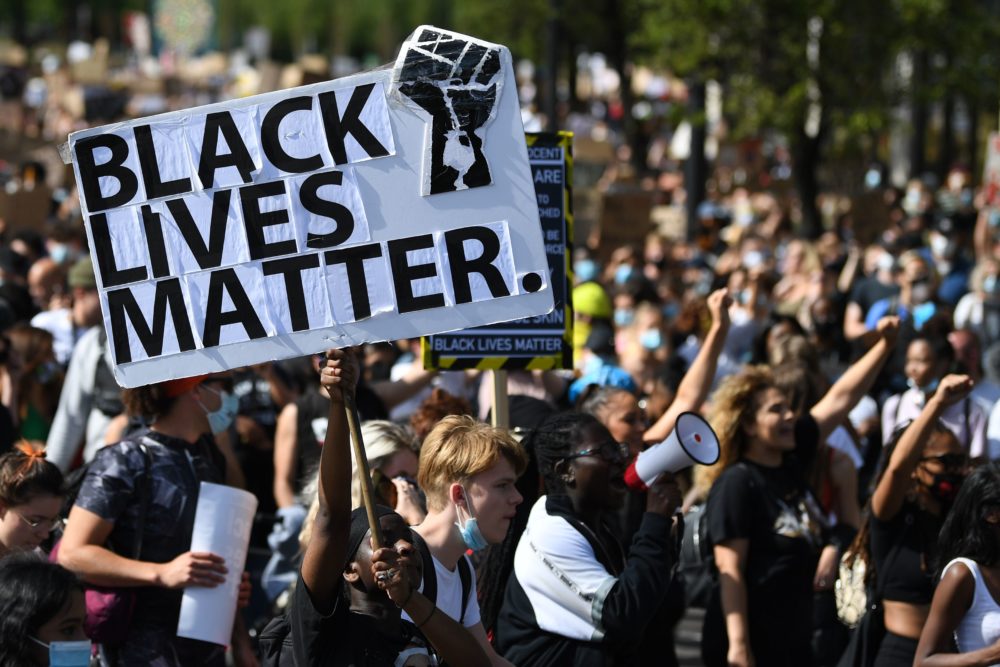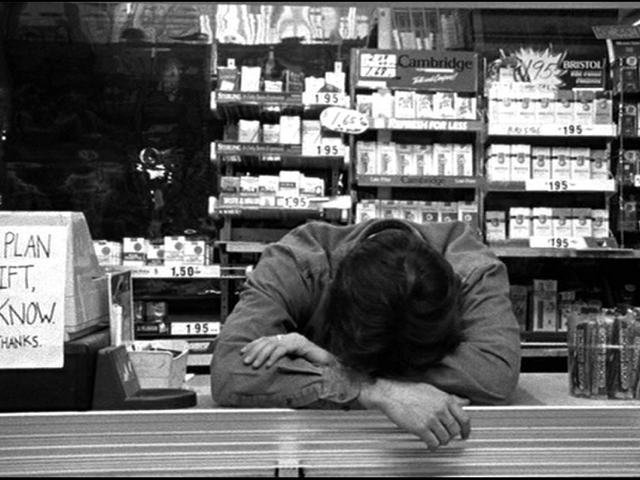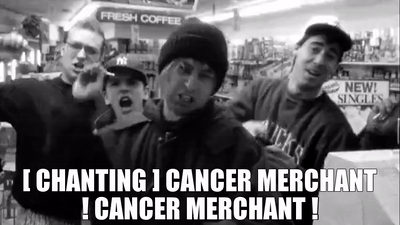The Black Lives Matter movement was awoken from its mild slumber after it caught wind of the death of a man named George Floyd, who died at the hands of a few police officers in Minneapolis, Minnesota during an arrest over an alleged counterfeit bill. While under the knee of one of the officers, Floyd desperately exclaimed that he couldn't breathe, the words that would, unbeknownst to him, become a new trending hashtag and slogan for the oppressed.
This nobody (a term I of course use for anyone not made known to the world by events such as this) would go on to be immortalized on large walls in graffiti and spoken of with reverence by masses of people that would dust off their old banners and take to streets to demand justice from all law enforcement officers. Joining in on the movement would also be the odd white protestor, prostrating themselves in apology for being racist before even waking up in the morning. But what lies at the heart of a movement such as Black Lives Matters? Indeed what lies at the heart of any large mob making demands or demonstrating against supposedly unjust individuals and/or institutions? I sometimes turn to films to illustrate and explain my particular sentiments towards such topics, but before that, lets clear through a little brush first.
Doing Away With False Dilemmas
The subject of whether or not one is "down" with BLM or not, is sometimes a popular conversation starter, if not only for the one posing the question to be afforded the opportunity at outrage towards those that don't share their views, answering in the affirmative is often no fun for those seeking a fight.
But to believe that there exist only two options pertaining to the question is to commit the fallacy of the false dilemma, which is to assume that there can only be two conclusions to be drawn. In the case of BLM, if you are for the movement, you are OK, if you dislike it, or think its rubbish, you're automatically placed into the camp of intolerant racist who is against equality and dislikes black people.
This is simply not so, for there are several other stances to be taken other than the two options presented, in other words, it does not necessarily follow that one is racist or intolerant just because he/she does not support, like or agree with a movement such as BLM. The same applies to something like feminism, one can be for equal pay and respect for women without identifying as a feminist or supporting the "movement" as it is currently conceived.
So with that out of the way, what can we learn about the psychology of protestors, and herd mentality as a whole from the 1994 comedy film, Clerks?
Vilification
Clerks was an indie film directed by Kevin Smith in 1994, and many, including myself, would argue that it is his magnum opus. The film followed the lives of two best friends who worked as simple clerks at a convenience store and video rental store respectively. In the early goings of the film, a customer enters for a simple cup of coffee and decides to drink it at the counter, a second customer then enters to purchase a pack of cigarettes but is spoken out of this by the first customer who explains at length why smoking is an undesirable habit and how purchasing a pack of gum is a cheaper and healthier alternative. Visibly perplexed and uncomfortable at this, Dante, one of the main characters, can do little in what is to follow from this initial interaction.
What follows is the customer spouting anti-smoking sentiment towards a gathering crowd of individuals who he goes on to convert to his cause, using Dante as the focal point for the outrage. The main customer, full of passion and charisma, likens Dante to a Nazi, rebrands him as a cancer merchant, and even leads the crowd into eventually pelting the innocent Dante with cigarettes.
Dante's loving girlfriend, Veronica, enters the scene and breaks up the chaos by spraying everyone with a fire extinguisher. She asks for the man leading the mob, our initial customer attempting to casually walk out of the store. As it would turn out, the mob leader was far from some healthy living advocate, but rather a chewing gum representative looking to sell more of his product.
The kicker of this entire scene is that when the smoke clears, one final customer who also took part in the cigarette pelting clears his throat, looks at Dante, and asks for a pack of cigarettes. Does this scene not speak volumes about what we see today? Are our outraged fellow humans truly committed to the ideals of their movement, or merely caught up in the activities of the group and the impunity that it provides them? Are these movements interested in change, or merely romanticizing rebellion and the purpose that it provides them?
Poignant are the words of Slovenian philosopher, Slavoj Zizek, in this matter who claims that the left is often quite vocal to voice their concern for the oppressed and downtrodden while knowing simultaneously that any actions or demands made will never realistically be met or make for large changes. This allows for a win-win situation in which case the individuals can appear compassionate and open-minded, while comforted by the fact that their way of life will still be protected, I can protest for all immigrants to come over the border but I still want to keep my job, food, and house.
So to again rephrase the question, what lies at the heart of such movements? A genuine, informed, and practical desire for change, or the answer to our existential anxieties? Either way, Veronica's worlds should be in the minds of anyone who finds themselves in the presence of a "gum rep" "Try thinking for yourselves before pelting an innocent man with cigarettes!"
